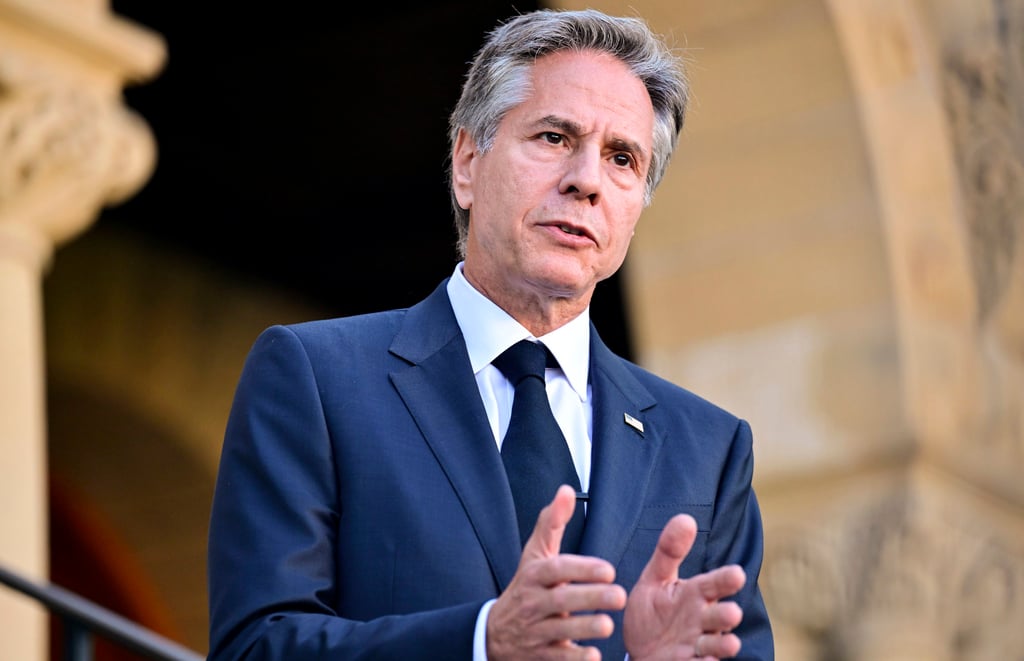Advertisement
US talks of teaming up with China, but analysts remain pessimistic about ties
- US Secretary of State Antony Blinken says the countries should work together on climate and health, but observers say words not matched by deeds
- Next month’s G20 summit and COP27 climate conference will be test of cooperation between Washington and Beijing, according to politics expert
Reading Time:3 minutes
Why you can trust SCMP
13

Chinese diplomacy experts remain pessimistic about the future of US-China ties, despite US Secretary of State Antony Blinken’s comments on Monday that Washington cannot lose sight of the cooperative aspects of the relationship.
Both countries could work together to resolve the climate crisis and global health problems, Blinken said at an event at the Hoover Institution, an American public policy think tank.
“And we can’t lose sight of those, because some of the really big problems that we have to find ways to solve are a lot harder to solve if the United States and China are not actually engaged in trying to solve them: climate, global health, et cetera,” he said.

US-China ties have remained at a low ebb for years as the governments clashed on a litany of issues from technology to human rights, trade, military developments and regional security.
Advertisement
Both countries have stood by their political systems and placed them at the heart of their national security policies. US President Joe Biden has repeatedly warned that autocrats are undermining democracy, while his Chinese counterpart Xi Jinping sees the security of the Communist Party’s absolute leadership as paramount to China’s survival.
Shi Yinhong, a professor of international relations at Renmin University of China, said bringing up the importance of cooperation presented Washington’s China policy as more balanced, but the words were not matched by deeds.
Advertisement
Not only were there fewer areas of cooperation than competition, but the areas of cooperation were less important to the two governments, he said.
Advertisement
Select Voice
Choose your listening speed
Get through articles 2x faster
1.25x
250 WPM
Slow
Average
Fast
1.25x